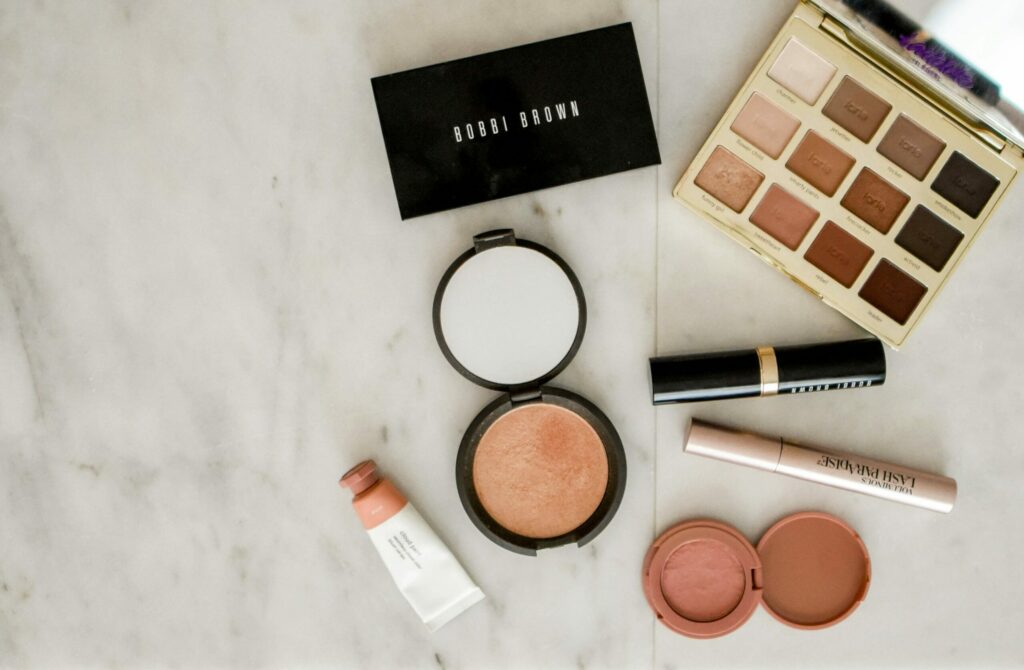Who would have thought that scrolling through Instagram or TikTok for fun could determine what makeup to buy next?
From TikTok virals to YouTube tutorials, beauty influencers have transformed how brands connect with audiences online. The skincare, makeup, haircare, and perfume industry greatly influences personal self-expression and societal beauty standards, and it has recently evolved significantly.
The rise of beauty influencers
In today’s digital world, social media marketing has revolutionized customer engagement, making TikTok and Instagram the main platforms and elevating influencers to key roles. They blend authenticity with creativity, using reviews, tutorials, and storytelling to build credibility and genuine connections. Beauty influencer marketing is now one of the most effective strategies for boosting sales. They foster brand loyalty and increase online visibility in a competitive market, compelling businesses to adapt their approaches to maximize brand exposure and stay at the cutting edge of digital marketing.
Defining what makes someone a beauty influencer can be subject to debate, especially the extent to which one can be considered as such. I often find myself wondering where the line lies between a casual recommendation and earning the title of influencer.
Generally, beauty influencers are content creators who showcase their favorite products in real time and share tutorials and product reviews. Their knowledge and honest opinions give them high credibility, which allows them to have a strong impact on consumer decisions. Since followers tend to rely on those they idolize, beauty influencers often shape trends and drive purchasing decisions.
For instance, beauty content creators such as NikkieTutorials have built loyal communities that actively engage with their product recommendations. Some of them go one step beyond and benefit from their worldwide recognition to launch their own brands. Huda Kattan, whose cosmetics line Huda Beauty is an example of global success. (PS. If you are a makeup lover, I can assure you Huda is doing a great job 😉 ). Beauty companies often partner with influencers to enhance brand awareness and promote new launches while expanding their online presence.
Social Media: the New Marketing Hub
These influencer-brand partnerships live on social media. Haven’t we all wished to buy a product after scrolling through a beauty influencer’s feed, solely based on their referral? Personally, I find it surprising how someone we barely know can convince us to add a product to our cart.
Platforms like Instagram, TikTok, and YouTube have become lively spaces for the cosmetics industry, where visuals and creativity come together. Social media marketing allows beauty companies to establish bonds and target niche demographics in ways that conventional advertisements simply can’t. Short videos, hashtags, and viral challenges are where the magic of marketing comes into play.
The #BeautyTok hashtag, with over 150 billion views on TikTok, reflects the wide reach of these platforms.
Moreover, the role of user-generated content (UGC) has recently gained importance too, as it offers relatable content that the audience can resonate with. It feels like friends showing their most recent purchases and wanting you to be part of it too.
One of the most striking examples is Fenty Beauty, which utilizes TikTok to showcase its products in creative and inclusive ways. The #ShadeMatching Filter allows customers to find their perfect foundation tone virtually. This feature provides a customized shopping experience, making it seamless and engaging, and highlights Fenty Beauty’s ability to use technology effectively.

Statistics say that 74% of consumers check social media before buying beauty products. With this figure, it goes without saying that it has a huge impact on purchasing decisions.
This undeniable influence has encouraged beauty brands to design more strategic influencer marketing campaigns, transforming creativity and connection into trackable results.
When the focus is placed on what the audience truly values, customers are not only mere numbers. They become the fundamental pillars of a brand’s identity, and the driving force behind its long-term success. Authentic campaigns do sell products, but they also build communities.
To sum up, no one would deny that influencer marketing shapes how we see brands and the way we connect with them, with its power going far beyond likes and views. For me, the secret of its success lies in authenticity. As new technologies evolve, this bond will only get stronger, and innovations like virtual try-ons will become even more sophisticated.
Yet, let me pose one last question to ask ourselves: are we choosing what we truly like, or are we letting influencers choose for us?
.
